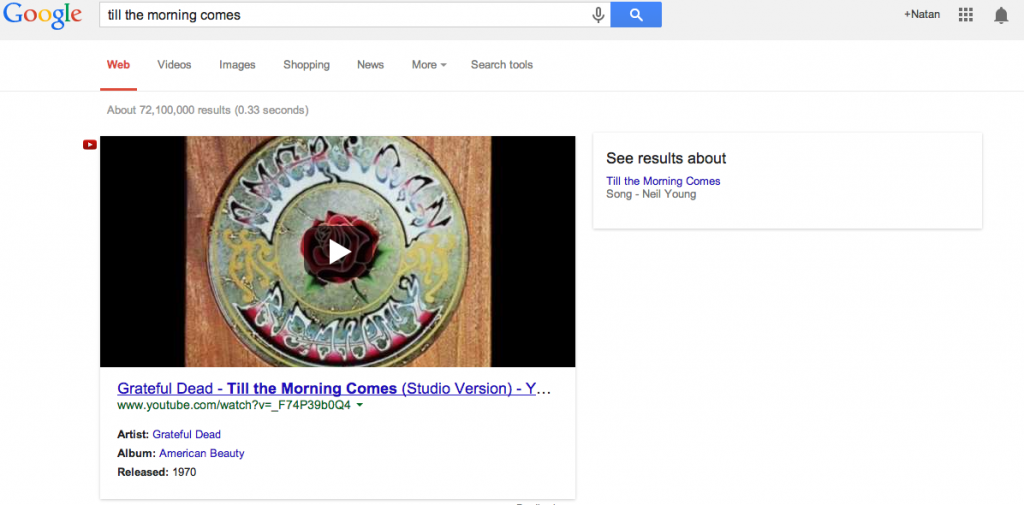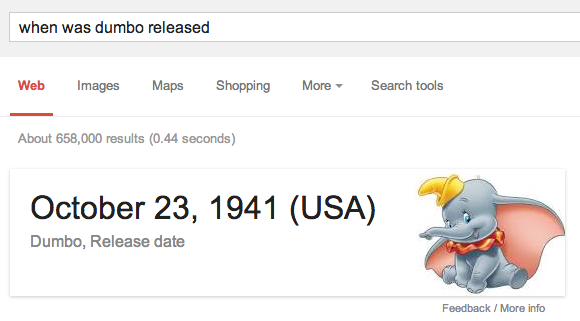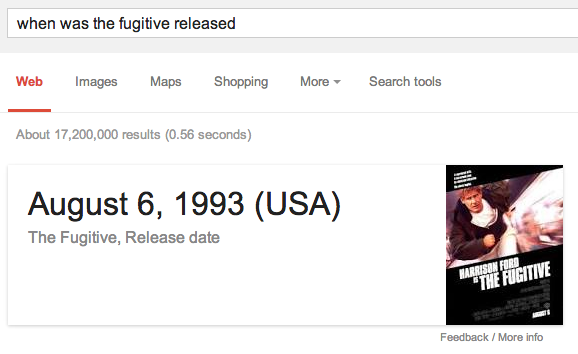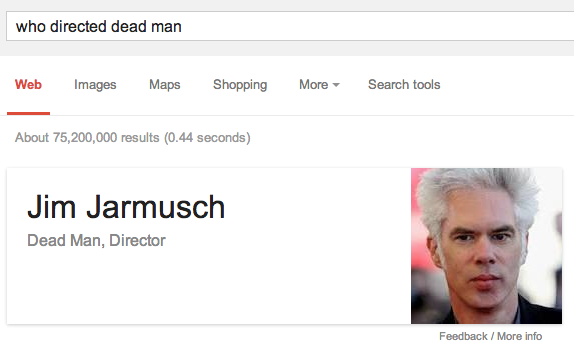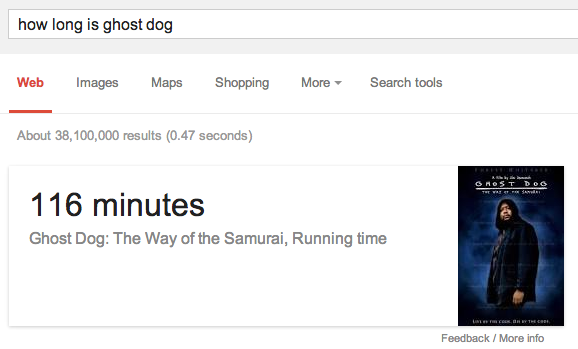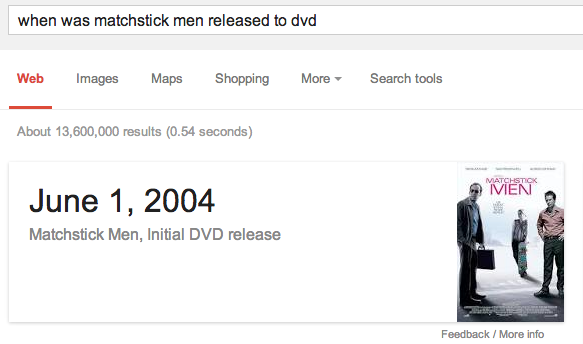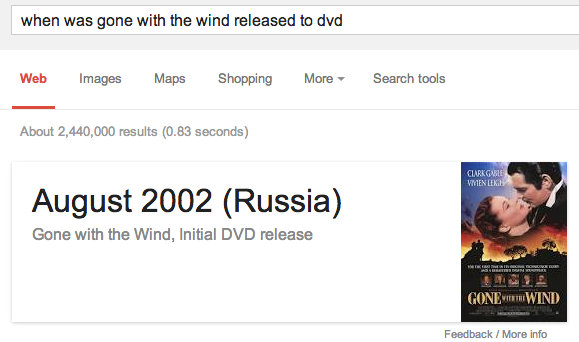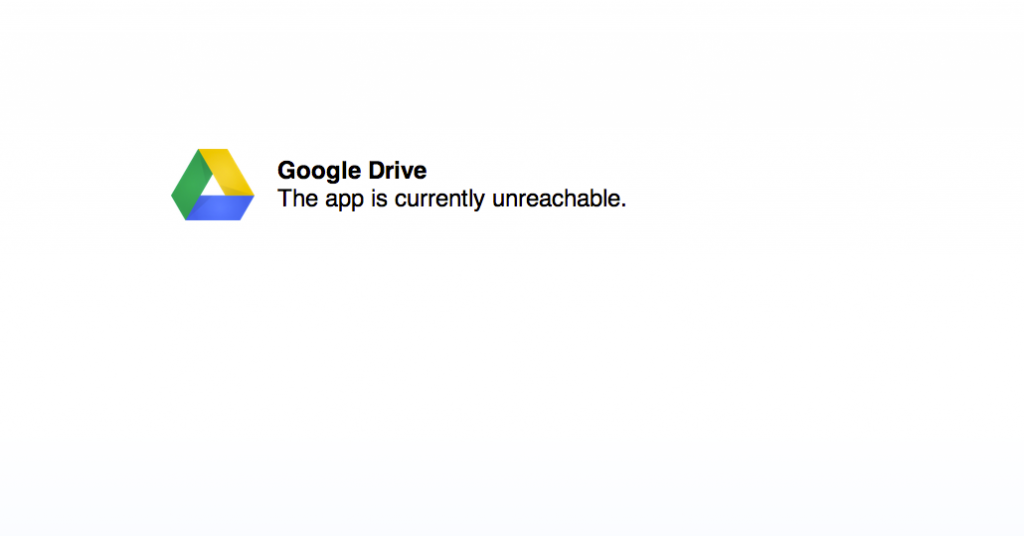Seth Roberts thinks that Nick Szabo created bitcoin and he gives a few good reasons to back up his claim.
One question, though: if Nick Szabo created bitcoin, why did he use the name “Satoshi Nakamoto”?
Possible answers:
- Nick Szabo had never heard of the Satoshi Nakamoto who lives in California, and “Satoshi Nakamoto” is a completely random gibberish name and means nothing at all to Nick Szabo.
- Nick Szabo had never heard of the Satoshi Nakamoto who lives in California, but “Satoshi Nakamoto” has some kind of personal meaning to Nick Szabo.
- Nick Szabo had heard of Satoshi Nakamoto, and intentionally used his name in order to pin responsibility for bitcoin on him.
None of these sounds convincing to me at all.
There’s another possibility, of course. Satoshi Nakamoto might have been the creator of bitcoin, while Nick Szabo may have worked on the original paper with him – perhaps as an equal collaborator, sharing ideas and critiquing each other’s work, or perhaps just as an editor.

